The painting depicts the Marquis Luise Hector de Villars
Dimensions:
CANVAS: 88 x 115 cm
WITH FRAME: 135 x 160 cm
VILLARS, Louis-Hector, Marquis, later Duke of
Marshal of France, born in Moulins on 8 May 1653, died in Turin on 17 June 1743.
At nineteen he was fighting in Holland; he served under Touraine in Franconia and under Condé he was wounded in Senef. At the age of twenty-one he was a cavalry colonel and fought in the employ of the marshal of Luxembourg and then of the marshal of Créqui in Alsace. He is sent to Vienna on a secret mission to detach the Bavarian elector Maximilian II from the Austrian alliance and wins his friendship, which he then loses during a new mission in Munich. Field marshal in Flanders in 1689, lieutenant general on the Rhine in 1691, he was again sent as ambassador to Vienna, when the crisis of the succession of Spain was beginning; but he soon returned to the battlefields for the war that followed. Commander in chief, in rushing to the aid of the Bavarian elector, he conquers the fort of Friedlingen (May 14, 1702) and is therefore appointed marshal of France, takes Kehl, wins at Höchstädt (September 20), but dissatisfied with the progress of the guerra asks to be recalled, and the king entrusts him with the pacification of the Cévennes, prey to the revolt of the Camisards, giving him the title of duke (1705).
The glory of V. was entrusted, however, to his conduct when in 1709 France, exasperated by the exorbitant demands of the coalition, made a desperate effort; placed at the head of the Northern army, he fights with Prince Eugene and the Marlborough at Malplaquet, where, seriously wounded in the legs, he manages to retreat in an orderly fashion. In 1712 the king entrusts him with his last troops and he wins at Denain (July 24); the war drags on for another year and V. wins on the Rhine at Landau and Freiburg, and then negotiates peace with Prince Eugene in Rastatt.
During the Regency, he was at the head of the party that fought the policy of Cardinal Dubois; although his political position was rather shaken, he managed to induce Louis XV to go to war to support the claims of his father-in-law Stanislao Leszczyński to the throne of Poland, and, at the age of 80, he was put in charge of the army that went to help the king of Sardinia, Carlo Emanuele III, with the title of general marshal; the campaign was victorious, but V., in disagreement with his ally, got the call and, on the way back, died in Turin.
V. was greedy for honors and riches, which he obtained, according to the customs of the time, with robberies; but he was a brave soldier and general who is worthily on a par with Prince Eugene and Marlborough. His Mémoires were published in the manuscript by the Marquis M. de Vogüé (Paris 1884-94, vol. 6).
THE WORK WILL BE SHIPPED INSIDE A WOODEN CASE AND WILL BE ACCOMPANIED BY A CERTIFICATE OF AUTHENTICITY



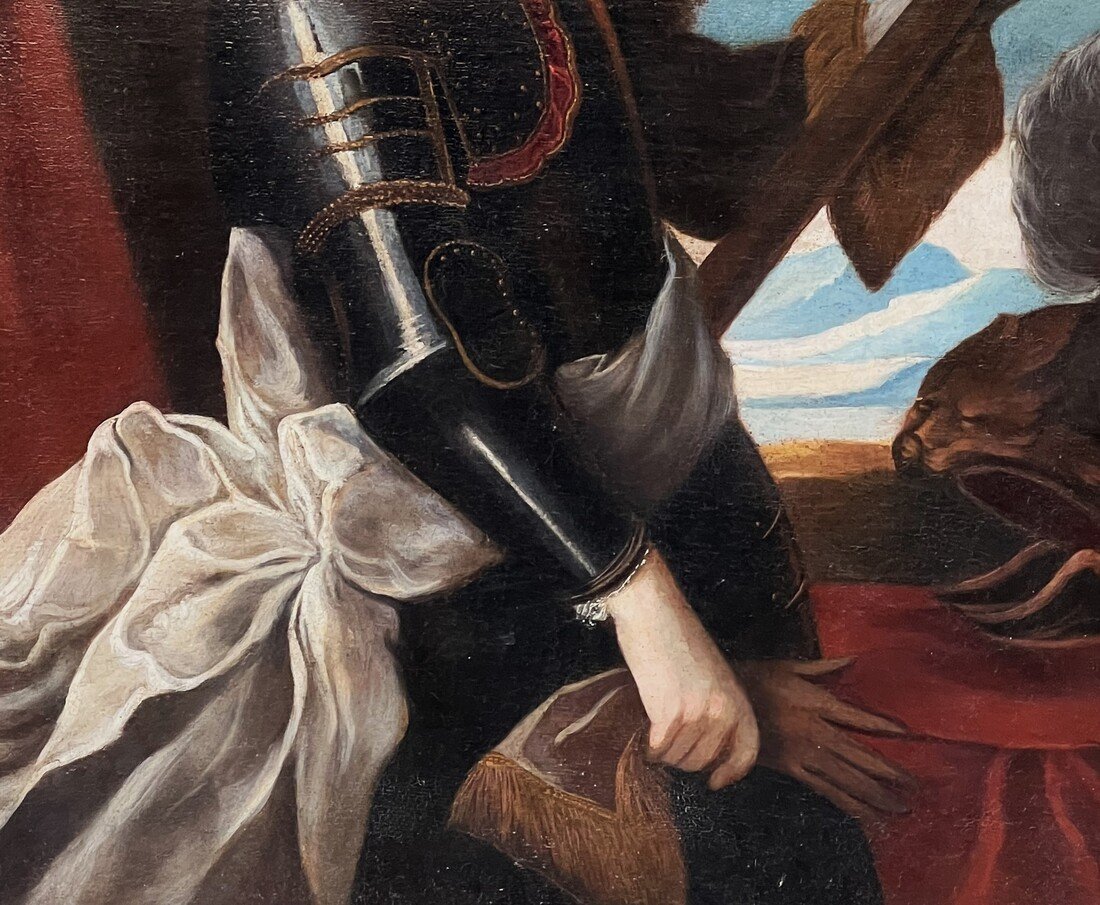
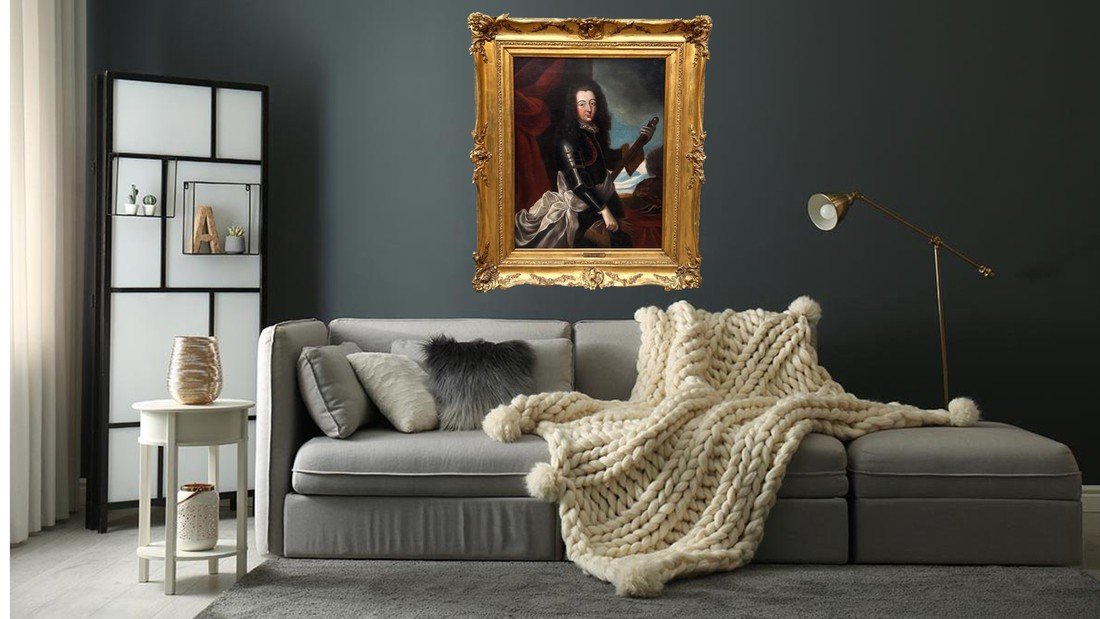



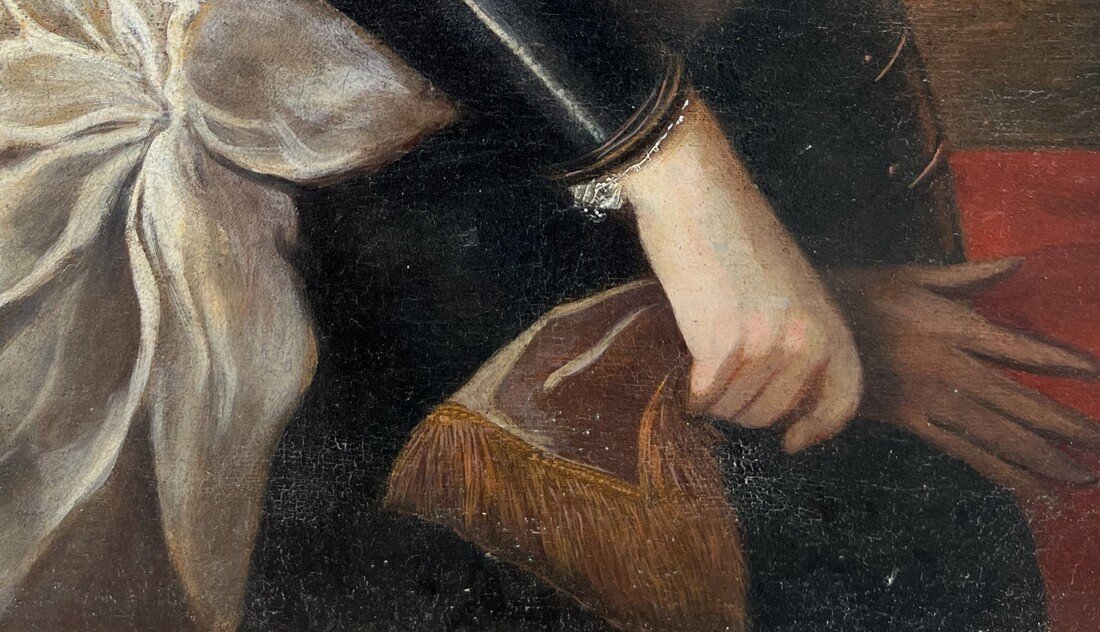

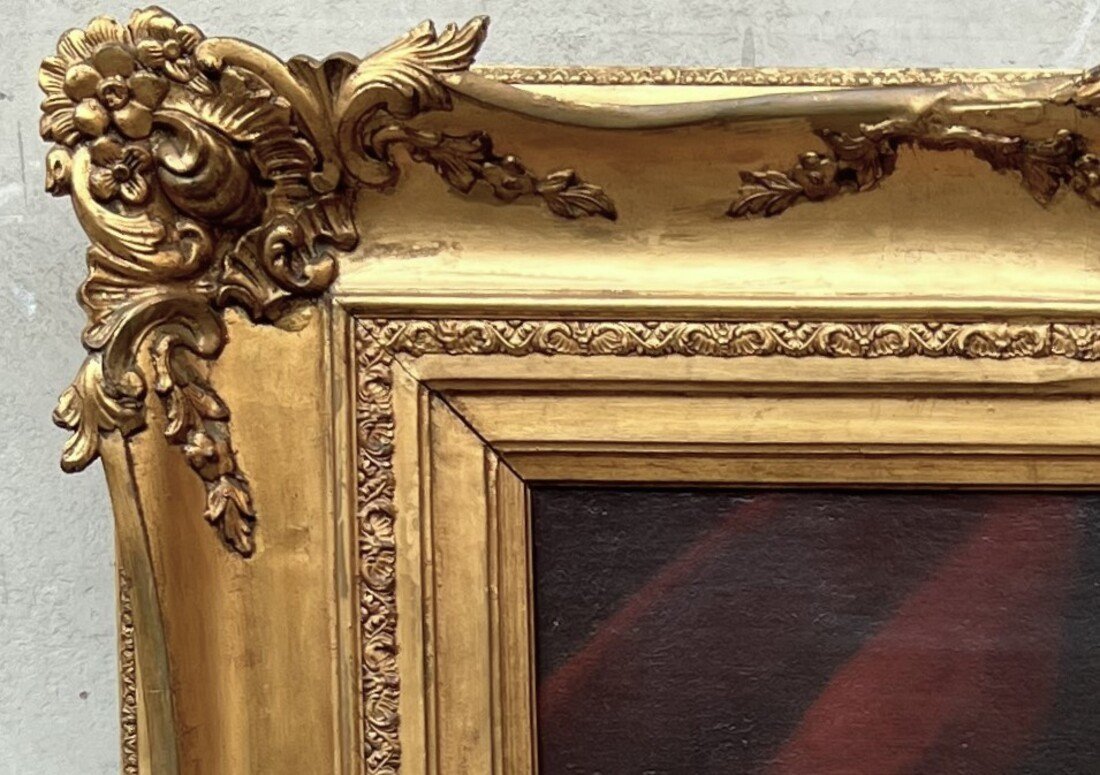
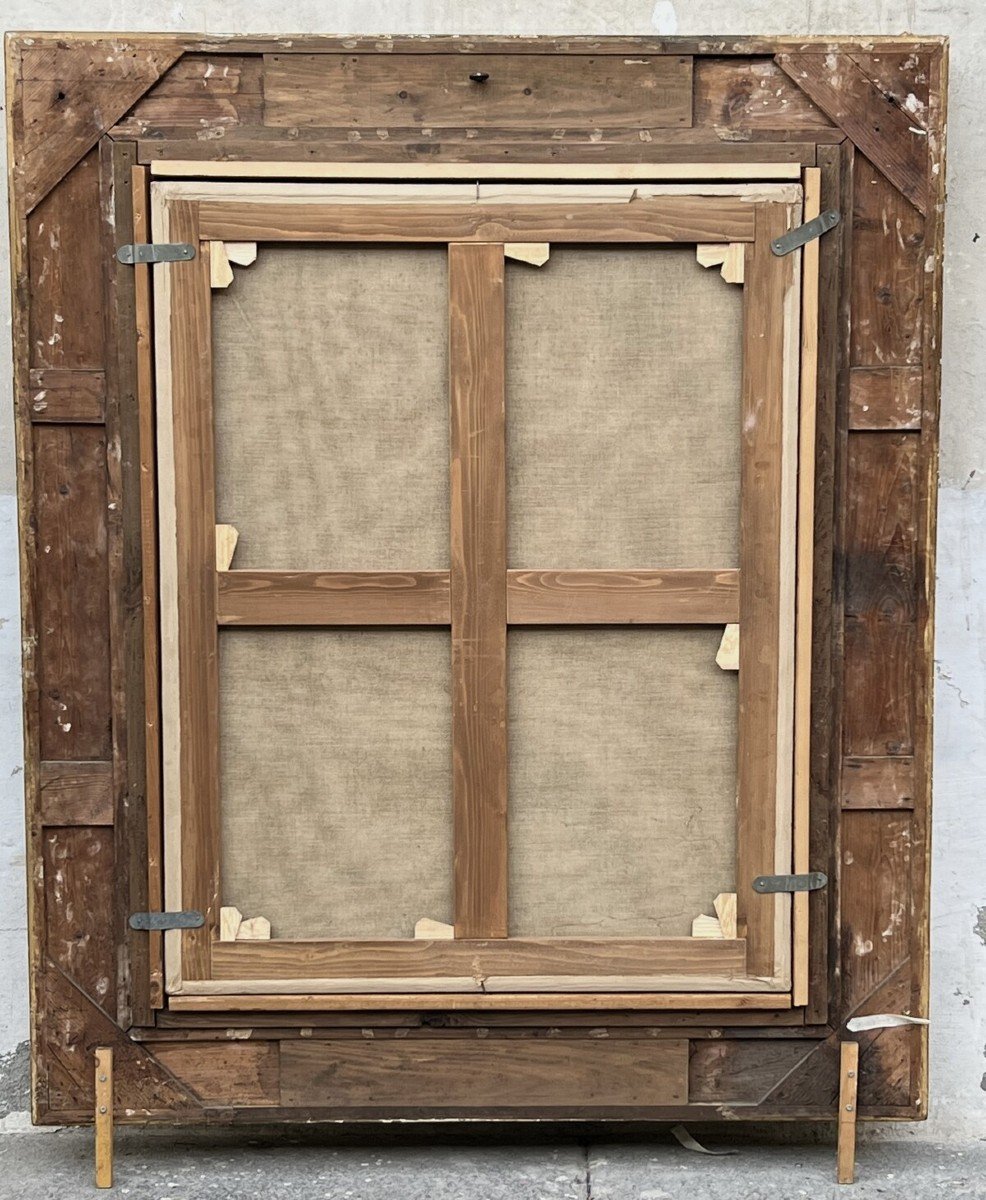













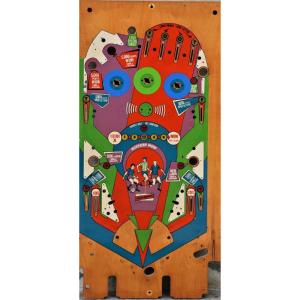

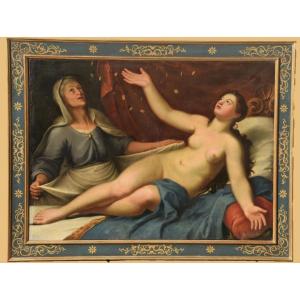


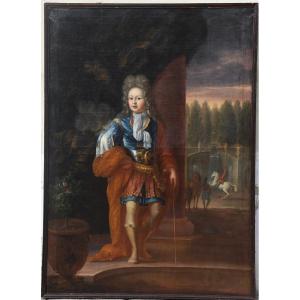

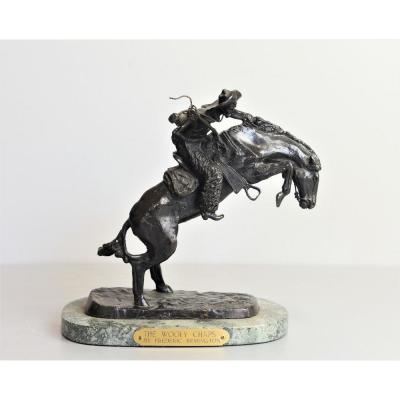
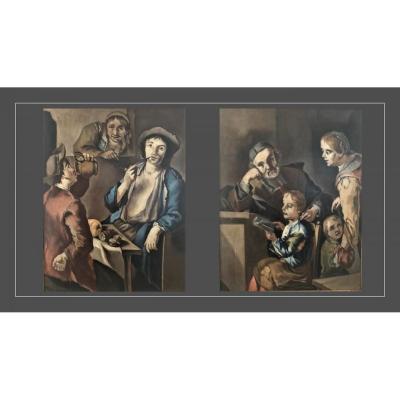

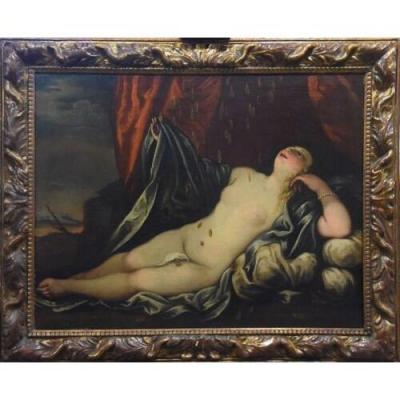




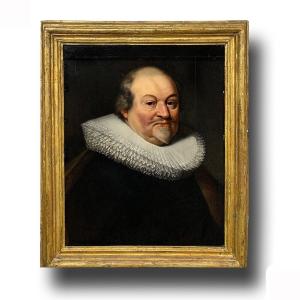




 Le Magazine de PROANTIC
Le Magazine de PROANTIC TRÉSORS Magazine
TRÉSORS Magazine Rivista Artiquariato
Rivista Artiquariato